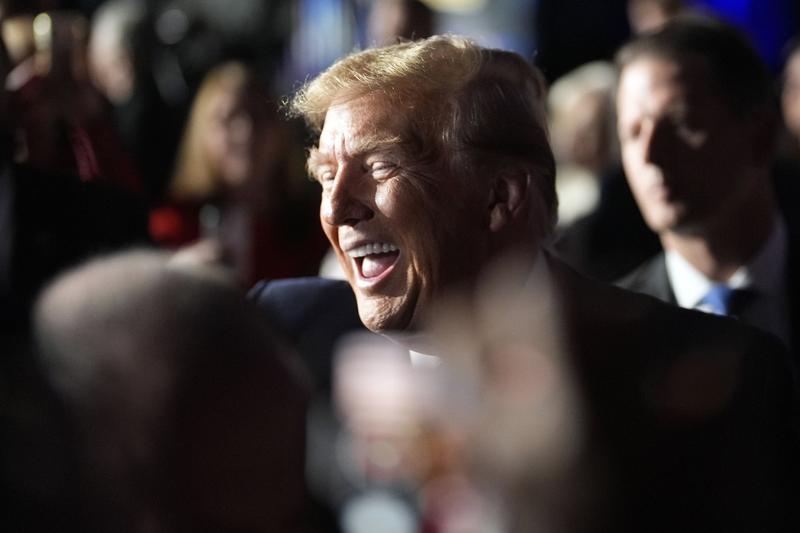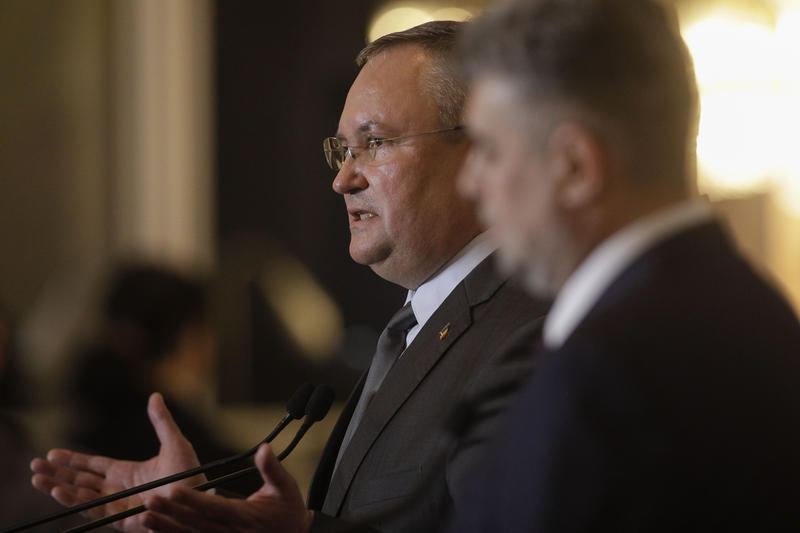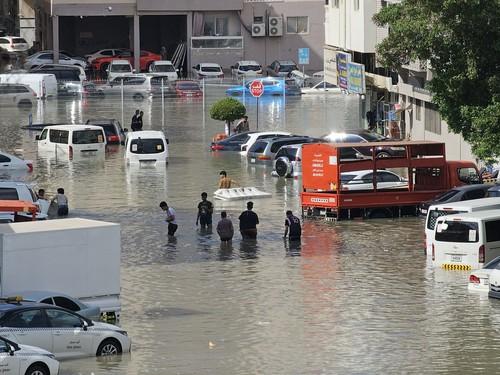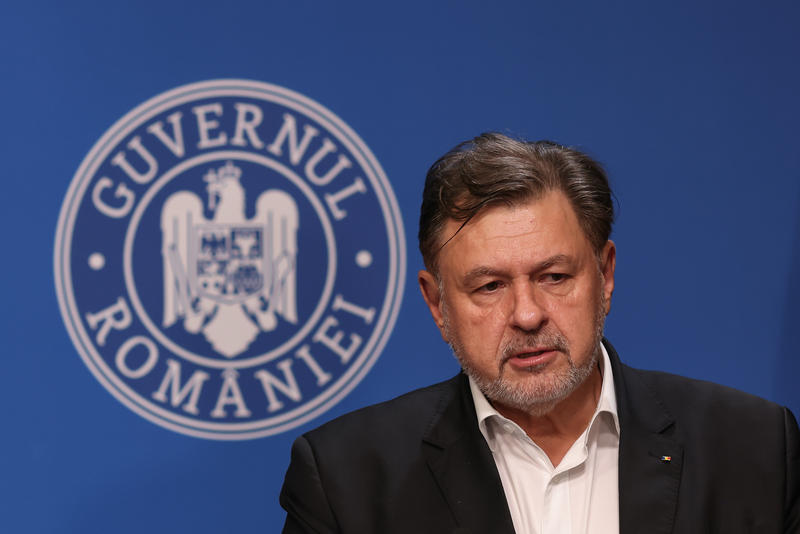Romanian Foreign Affairs minister Sebastian Vladescu said on Friday, April 29 that the VAT was not going to go up. The statement was made as the discussions with the International Monetary Fund were concluding in Bucharest. He found the negotiations "constructive". But on the other hand, the IMF could again revise downwards Romania's 2010 economic growth, taking it from 0.8% to nought, according to the patronages reps, who also took part in the discussions. According to participants, IMF mission chief Jeffrey Franks declared that their analysis indicated a zero economic growth in Romania's best scenario. Sources close to the discussions told HotNews.ro that the issue of the rise in VAT was also raised. Asked whether he would recommend the Romanian authorities to increase the VAT, Jeffrey Franks said "Give me other options!", UGIR-1903 president Cezar Coraci confirmed.
According to Coraci, the IMF evaluation will revise the economic growth rhythm "below 0.8%, close to zero". He indicated that the IMF continues to stress the deficit, with Romania having higher spending than incomes. "Spending needs to be cut, maybe through restructures or other mechanisms. Also, The IMF reps insisted for the need to find additional sources of finance for the budget deficit, saying it was assessing the least painful deficit compensation told", Coraci added.
Even if the budget deficit is being handled, the issues likely to arise regard the low budget incomes, with spending not being managed efficiently. Problems are more intricate than this and bear political colour as well, but the Romanian authorities hope to reach this year's targets.
Perhaps the National Bank (BNR) could act more prudent on the monetary policy and the decrease in key-interest could be lower than the analysts anticipate.
"We expect BNR to react by reducing the key-interest only but 25 points, because we believe the central bank will adopt a more prudent position against the risks following from the Greek public debt. Recent published data on the budget execution show that the budget deficit has respected the quarterly target.
The report’s details are somewhat more interesting: the public incomes show an improvement in the March economic activity, although it is very likely for these to have been amplified by the Easter celebration. The data regarding budget spending support our hypothesis according to which the deficit target has been met by delaying some payments, but we do not believe this will prove to be a significant obstacle in approving the next IMF instalment", a source from the banking market told HotNews.ro




















